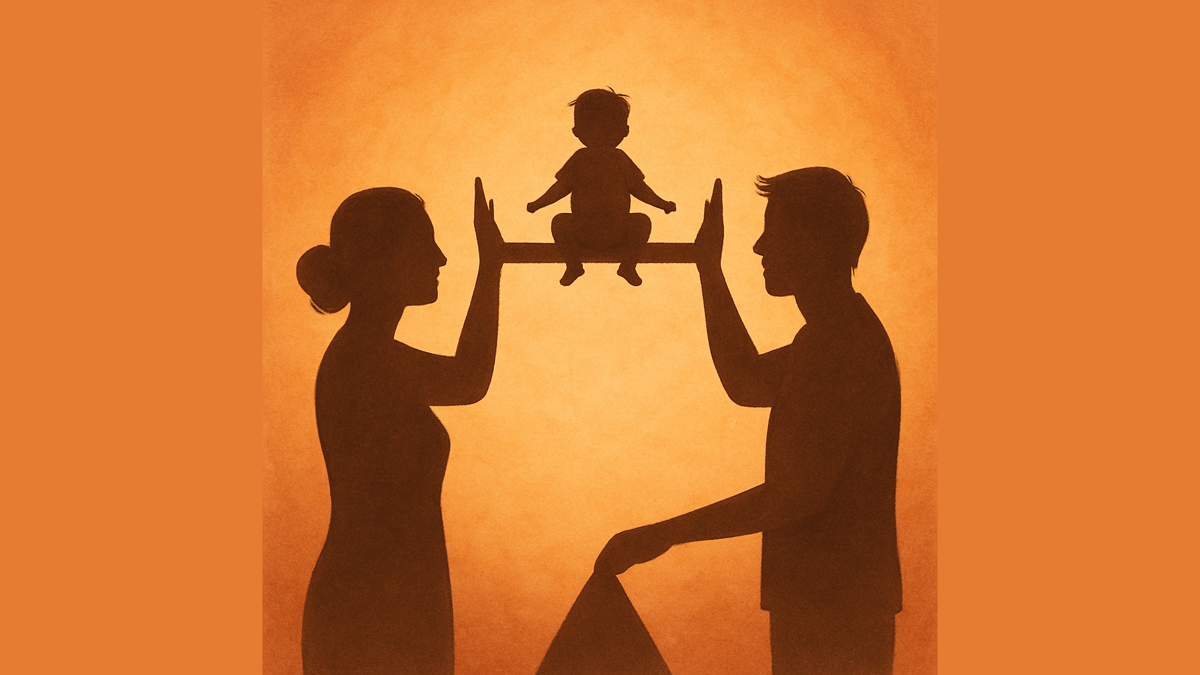Being a parent in 2025 sometimes feels like juggling flaming torches while walking a tightrope. Between school runs, work deadlines, and teaching a tween that “laundry fairy” isn’t a real job title, it’s easy to fall into old patterns where one parent becomes the default caregiver. This week I found a ray of hope in an unlikely place: a United Nations Children’s Fund (UNICEF) roundtable in Cairo celebrating Global Parenting Month. The session, part of Egypt’s National Committee for Positive Parenting, brought together experts to talk about why parenting should be a shared responsibility and not a marathon where mums do all the running. The numbers they shared were sobering. Studies show that mothers in Egypt perform six times more caregiving duties than fathers. That’s not a typo. Six. Times. As a dad who’s been known to pat himself on the back after making one sandwich, I couldn’t help but cringe. But instead of finger‑pointing, UNICEF’s “Parenting is Sharing” initiative offers a practical message: it’s not about clocking hours, it’s about how you spend them.
At the roundtable, behavioural change specialist Salah El Hanafy explained that equal parenting isn’t just fair—it’s essential for a child’s well‑being. Spending three hours binge‑watching cartoons together doesn’t count as meaningful involvement; thirty minutes of asking about their day and actually listening does. The idea isn’t to turn dads into superheroes or saints—it’s to remind us that kids thrive when both parents are emotionally present. Reflecting on my own upbringing, I remember my father working long hours and my mother handling most of the domestic duties. When I became a parent, I swore I’d do better, yet I still found myself defaulting to the old script. This initiative is a reminder that breaking generational patterns takes conscious effort. It’s about sharing bedtime stories and science projects, not just the occasional weekend outing.
Another misconception addressed at the forum was that positive parenting is the same as permissive parenting. Psychologist Mai Elwy noted that positive parenting isn’t about giving children everything they want. It’s about meeting their physical, emotional and psychological needs while also setting boundaries. Saying “no” to an extra hour of screen time or insisting they empty the dishwasher isn’t oppressive—it’s teaching them responsibility and respect. My teenager may roll her eyes when I enforce a no‑phones‑at‑dinner rule, but those boundaries create space for genuine connection. And in a world where kids are bombarded with digital distractions, those 30‑minute conversations are priceless.
The session also touched on broader challenges. With parents pressed for time and junk food readily available, Egyptian children face poor nutrition, leading to alarmingly high rates of anaemia. It’s yet another reminder that our parental duties don’t end with keeping them entertained. We are also responsible for the health habits they’ll carry into adulthood. Sharing cooking duties and teaching kids how to prepare a simple, balanced meal becomes another act of love.
So what does all this mean for those of us trying to raise responsible, compassionate teens? For starters, it means embracing the messy, imperfect partnership that parenting is supposed to be. It means dads scheduling doctor appointments and mums teaching sons how to iron a shirt. It means recognising that our sons and daughters will learn as much from watching us juggle chores as from any lecture we could give. I’ve found that when I share chores with my partner, our daughter not only sees equality in action but also learns that everyone contributes to the household’s well‑being. The result? She’s more willing to pitch in without prompting.
Ultimately, “Parenting is Sharing” isn’t just a catchy slogan; it’s a philosophy that challenges deeply entrenched norms. If we want our kids to understand equality, consent and respect, they need to see those values modeled at home. That starts with each of us making a conscious decision to be more than a bystander in our children’s lives. It might mean swapping an hour of scrolling for a board game, or trading a weekend work call for a trip to the park. The reward is a stronger family bond and the satisfaction of knowing that we’re raising the next generation to expect—and demand—a fairer division of responsibilities.
Sources:
– Salonaz Sami, “ ‘It takes a village to raise a child’: UNICEF Egypt marks Global Parenting Month,” Ahram Online, June 19, 2025.







Leave a Reply
You must be logged in to post a comment.